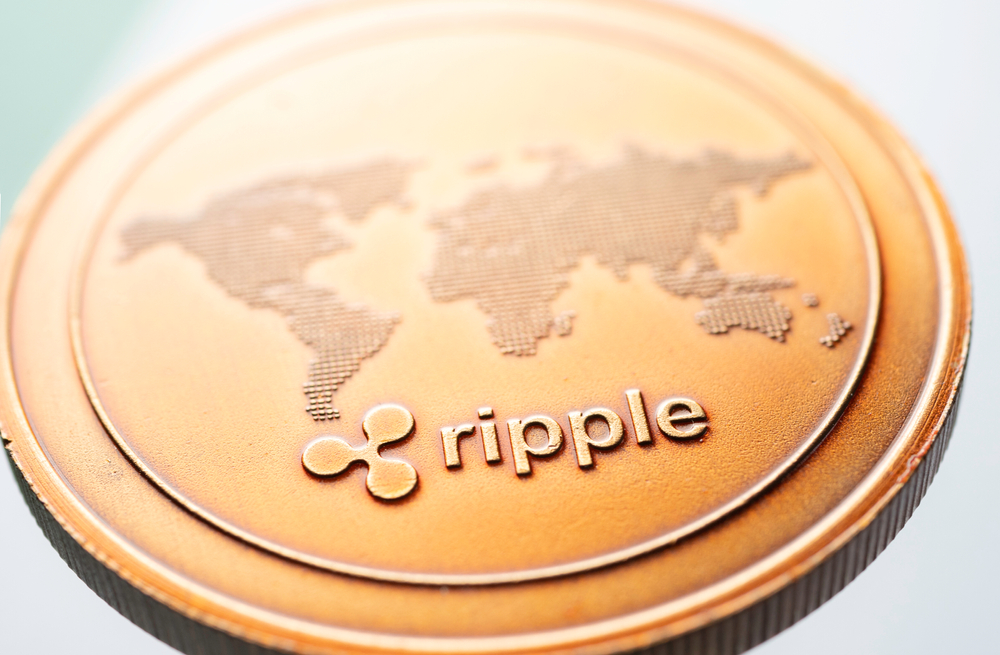Crypto firm Ripple Inc. has collaborated with Digital Euro Association to accelerate the European Central Bank Digital Currency development. Digital Euro focuses on CBDCs, while Ripple facilitates cross-border payments. The partnership with the enterprise blockchain firm will help speed things up regarding building a framework for digitized currencies.
However, the European Body’s statement recently suggests that it may not be in total agreement with Ripple’s aims, as the commission has set 2023 as the target for creating a framework for CBDC. According to the Association, the technological framework of a CBDC is crucial and will play a vital role, especially as more CBDC projects are rolled out worldwide.
Partnership Will Improve Technological Expertise
Digital Euro Association shared its excitement with Ripple’s partnership, as it would help improve the technological expertise of the association. As CBDC projects approach advanced stages, partnerships with this will help policymakers in the future.
The press release details suggest that Ripple will assume the role of an adviser and supporting partner, sharing its expertise on CBDC implementations. In addition, the collaboration will encompass educational efforts on digital currencies and exchange.
For clarity’s sake, the DEA said that the collaboration with Ripple isn’t directly linked to the EU’s efforts to create a digitized Euro (eEuro), considering that it’s purely research-based. But if a digital Euro eventually comes to fruition, the partnership involving Ripple and the DEA will massively help in regulation and policymaking.
Ripple Has Been Forming Technical Collaborations with Several Countries Across the Globe
Last year saw Ripple involve itself in some digitized currency initiatives globally. The crypto and blockchain-based firm has invested in CBDC initiatives and admitted to having 40 developers working on its numerous portfolios. The firm has formed technical and design partnerships with countries like Bhutan, the U.K., and Palau.
Palau’s partnership with Ripple is to develop a CBDC backed by the government, like a stablecoin. In addition, the collaboration will seek to address some environmental challenges faced by the country since Ripple’s ledger uses green energy that’s more energy-efficient than PoW.
Last October, Ripple was incorporated into the Digital Pound Foundation, a U.K CBDC initiate program. Ripple’s addition will help develop digitized Pound and play a primary role in implementing some initiatives.
Several countries have indicated an interest in developing a CBDC. Ghana showed interest in developing its digitized currency in June last year. India is also making some moves to create a CBDC but still accessing its risks and benefits.
China and Nigeria have already launched their digitized fiat currencies, the eCNY and eNaira. The United States and European Union are still exploring the use cases of CBDC and its risks.
